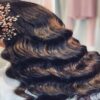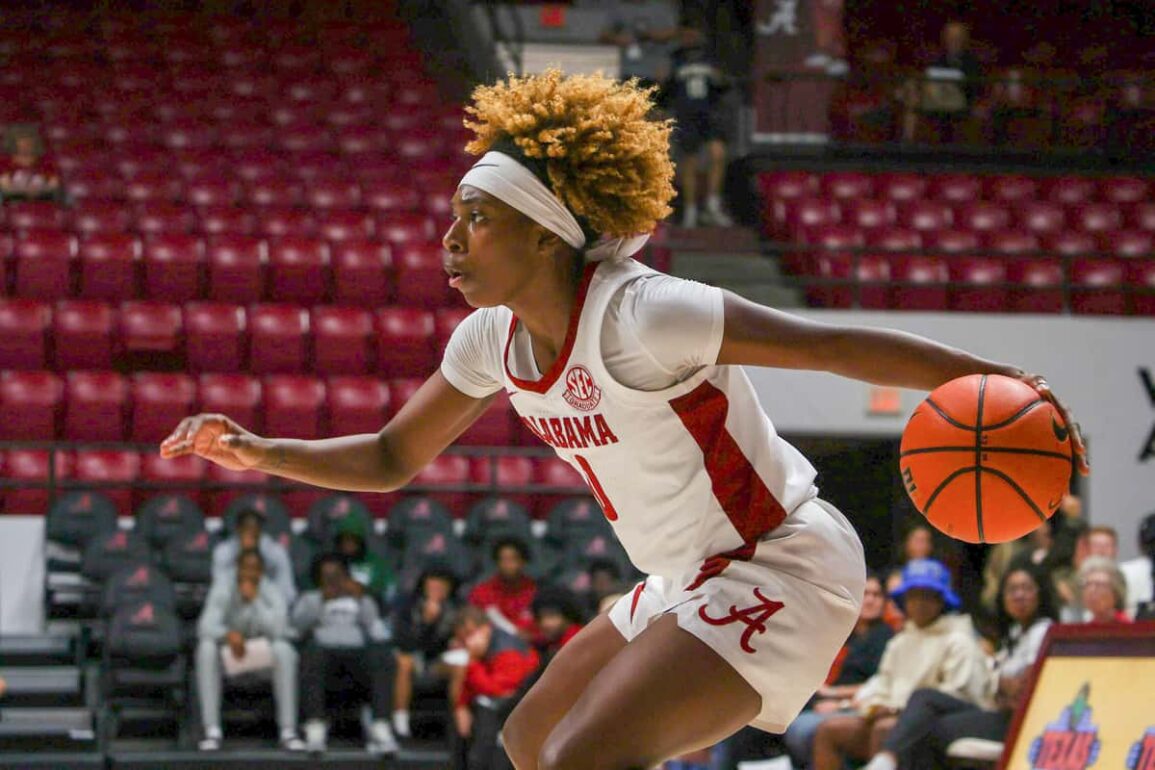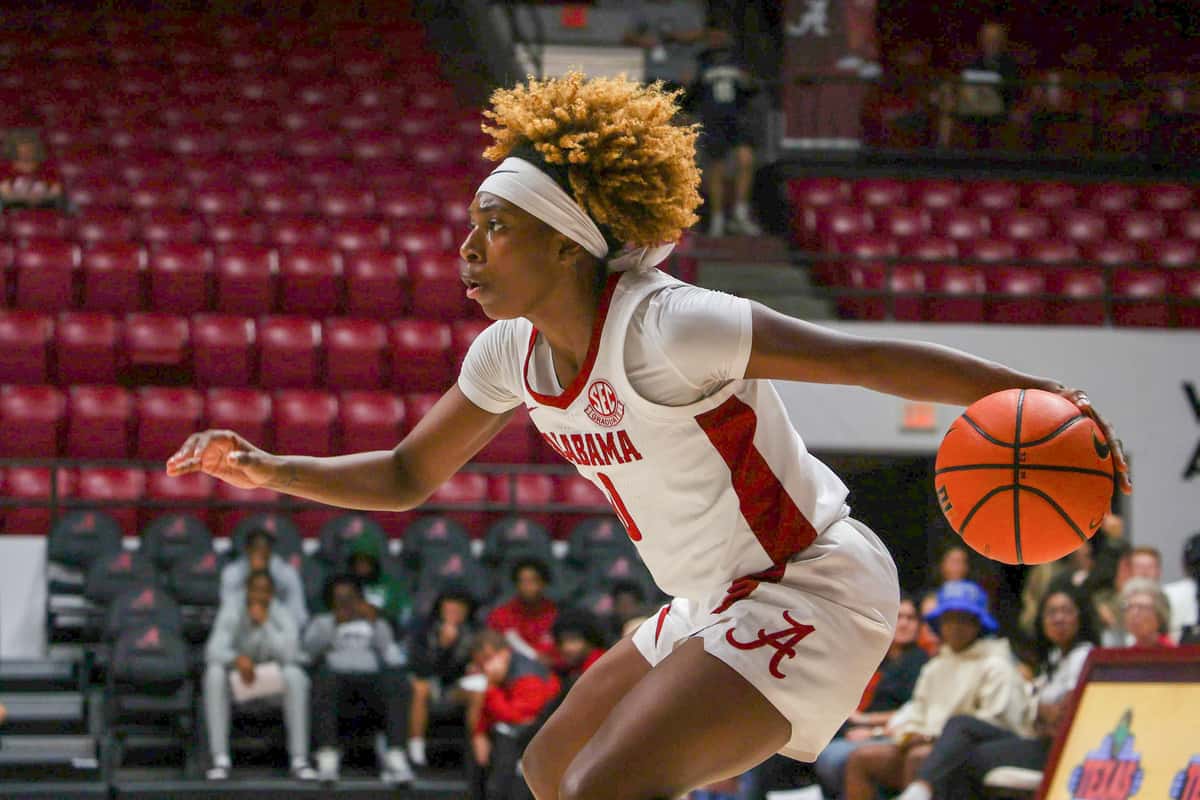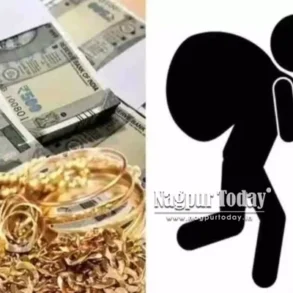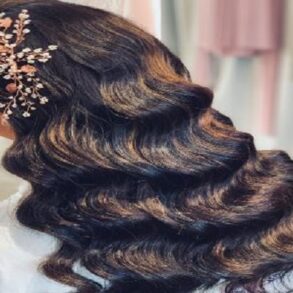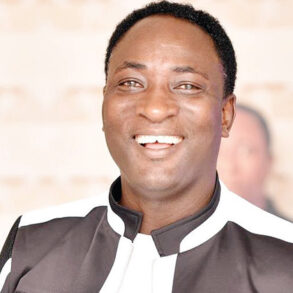Alabama guard Loyal McQueen (#0) dribbles the ball against South Florida on Nov. 16, 2023, at Coleman Coliseum.
With her long-awaited return to the Olympic stage, Gabby Douglas, the three-time Olympic gold medalist, will look to compete in the 2024 Paris Olympics. Douglas received the all-around gold and the team gold in both the 2012 and 2016 Olympic Games. While her achievements were making headlines, criticism of her hairstyle was making national news too.
During the 2012 Olympic Games, viewers criticized 16-year-old Douglas’ supposedly “unkempt” ponytail.
Douglas is just one of multitudes of Black female athletes who face scrutiny regarding their hair.
Black female athletes who experience discrimination or criticism due to their hair are not isolated cases; they represent systemic issues rooted in societal prejudices and stereotypes.
Ketra Armstrong, a professor of sport management and director of the Center for Race & Ethnicity in Sport in the School of Kinesiology at the University of Michigan, discusses women such as Venus and Serena Williams who were once criticized for their beaded braids. People complained that the beads violated tennis etiquette and served as a distraction, resulting in Venus Williams losing a point in the Australian Open quarterfinal.
Williams said wearing beads in her hair added to her identity on the court, especially a court that is most often played on by white athletes.
Alabama women’s basketball guard Loyal McQueen said hair plays a big part of her identity on the court as well.
“It’s all about standing out and letting the younger girls know that it’s OK to be different and it’s OK to have a different style than a protective style like twists or braids,” McQueen said. “It’s OK to stand out in a different way, so that’s my thought process with how I wear my hair.”
With Douglas, it wasn’t so much about identity as it was being expected to uphold a Eurocentric standard of hair.
“We’ve been indoctrinated with European standards of what it is, how it should be, and what should be,” Armstrong said. “Because sport is that place where we all come together. And it really shouldn’t matter about the color of your skin or the texture of your hair, but the color of your uniform and the character of your game.”
According to the Good Hair Study conducted by Perception Institute in 2017, 1 in 3 Black women said that their hair is the reason they haven’t exercised, compared with 1 in 10 white women.
“When we think about the overall health and well-being of Black individuals understanding hair or not wanting to sweat, not wanting to sweat out a relaxer, a perm, for sake of dominant societies’ cultural standards of beauty,” said Akilah Carter-Francique, who serves as the dean for the School of Education, Health and Human Services at Benedict College. As a scholar, Carter-Francique has studied diversity, equity and inclusion and social change in the sports world.
“Having that straight hair, having that relaxer has also created challenges, and in many ways, health issues for we as Black people,” she said.
Alabama women’s basketball guard Reychel Douglas said learning how to do your hair should not be a setback.
“Even if you don’t know how to do your hair just yet, just taking the time to be patient with yourself and learning how to do it can really help you grow closer with yourself and build that self-love, so don’t be scared to take that time and learn how to do it,” Douglas said.
Several years ago, legislation was passed in California to help counter these Eurocentric hair standards. In 2019, Dove and the CROWN Coalition created the CROWN Act, along with state Sen. Holly J. Mitchell. This act helped “ensure protection against discrimination based on race-based hairstyles by extending statutory protection to hair texture and protective styles such as braids, locs, twists and knots in the workplace and public schools,” according to a website created by Dove and the CROWN Coalition.
The act has played a significant role in recognizing the importance of representation and diversity in sports as well as sparking conversation about the stigma regarding Black hair.
Alabama women’s basketball guard Aaliyah Nye chimed in on the topic, saying young girls should never feel like they must conform to the beauty standard.
“If they see Loyal wearing her puff and they want to express themselves by wearing their puff, then they can wear it,” Nye said. “If they see me wearing braids and they want braids, maybe we can just inspire the younger people or just anybody around us to just be who they are and wear whatever style they want to wear.”
The message carries over for others on the team as well, as freshman teammate Essence Cody said she looks to all hair for inspiration.
“I look up to everybody that has natural hair, fluffy, curly, just any type of hair, especially Loyal, because her hair is so beautiful, and I just want to get my hair like that one day,” Cody said.
Although Black female athletes and their hair have come a long way since Williams confronted discrimination with her beads in 1999, there is still a long way to go for the double standard, the stigma and the discrimination to become nonexistent. But when McQueen and the other Crimson Tide players and athletes wear their hair the way they want, progress continues to be made.
“I want to say to the younger girls, especially the girls that look like me, to just embrace their natural hair and just encourage them, no matter what other people say and no matter how challenging it is, to be themselves through their hair, to love it every step and every process,” McQueen said.
This post was originally published on this site be sure to check out more of their content.


